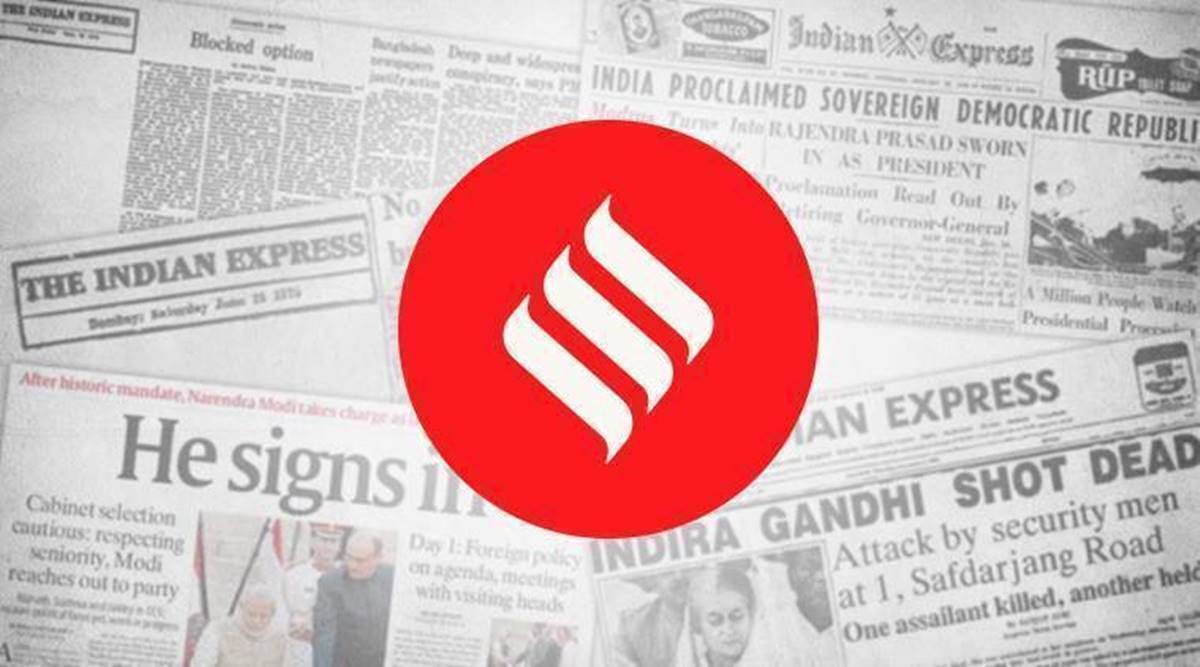 The announcement is the first sign of a breakthrough in the Centre’s latest negotiations with the pharma major.
The announcement is the first sign of a breakthrough in the Centre’s latest negotiations with the pharma major. On Thursday, the head of the country’s Covid-19 task force, VK Paul, said that Pfizer has “indicated” its willingness to make available a “certain amount” of its Covid-19 vaccine to India. The announcement is the first sign of a breakthrough in the Centre’s latest negotiations with the pharma major. Pfizer has reportedly said that it is ready to supply five crore doses of the mRNA vaccines, which it has developed with the German company BioNTech, between July and October. Sealing the deal will, however, require a swift resolution of the longstanding differences between the American company and the Indian government over the indemnity clause. Pfizer insists that it should not be liable for compensation in case of an adverse event; the government has said that it is examining the pharma giant’s request. With the country’s inoculation drive slackening in the last two months because of supply constraints, Indian negotiators must urgently find ways to bridge the differences with Pfizer without compromising on safety issues.
In February, Pfizer withdrew its application for an emergency-use authorisation in India after refusing to accede to the drug regulator’s demand for local safety and immunogenicity studies. Two months later, amidst the punishing second wave of the pandemic, the government relaxed the import rules and allowed the entry of vaccines approved by the WHO or regulators in the US, UK, EU, and Japan. However, it has so far managed to strike a deal only with Russia’s RDIF for the Sputnik V vaccine. Meanwhile, vaccine shortage has forced several states to suspend the inoculation drive for the 18-44 age group. According to the Centre’s CoWin portal, sites conducting vaccination have shrunk to less than 45,000 from over a lakh two months ago. More than three lakh people have been consumed by the virus. Desperate situations such as this often force governments to weigh risks. In this case, the equation isn’t too complex: Inoculation-related adverse events have so far been rare in vaccines administered globally, including that manufactured by Pfizer. The toll taken by the virus and the risk of the infection spreading is, however, very severe. Regulatory flexibility will only mean following the playbook and sense of purpose that made the Centre expedite regulatory procedures to fast-track the introduction of Covishield and Covaxin.
The country’s current inoculation plan asks the states to secure vaccines for the 18-44 age group. At least 12 states and three municipal bodies have floated global tenders. With the experts reasoning that India’s vaccination drive needs to be ramped up exponentially over the next four to five months to stave off a possible third wave, the country can ill afford such fragmentation of effort. The anomaly must immediately be corrected, and the Centre must take on the responsibility to firm up all deals with foreign companies, including Pfizer.
- The Indian Express website has been rated GREEN for its credibility and trustworthiness by Newsguard, a global service that rates news sources for their journalistic standards.

